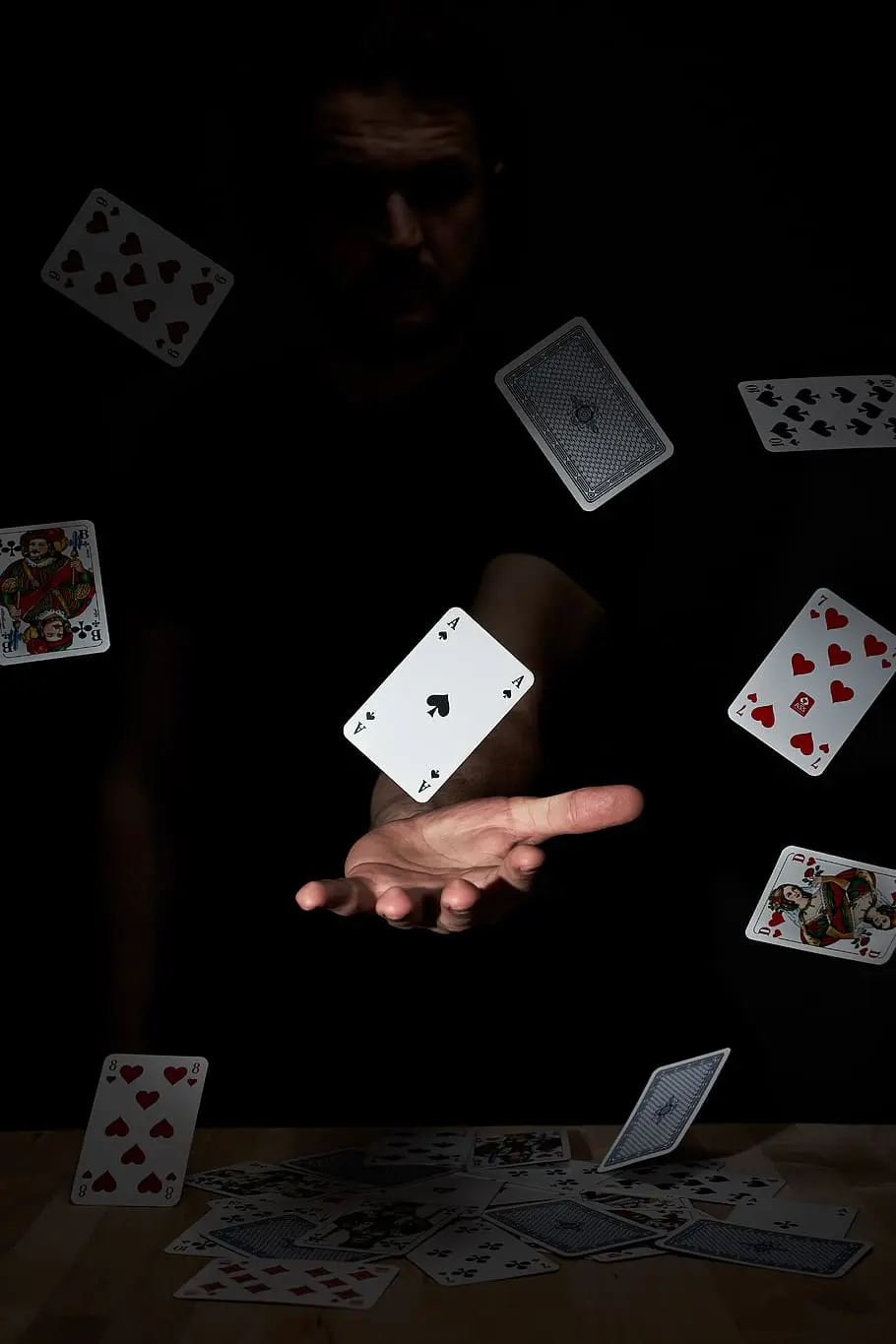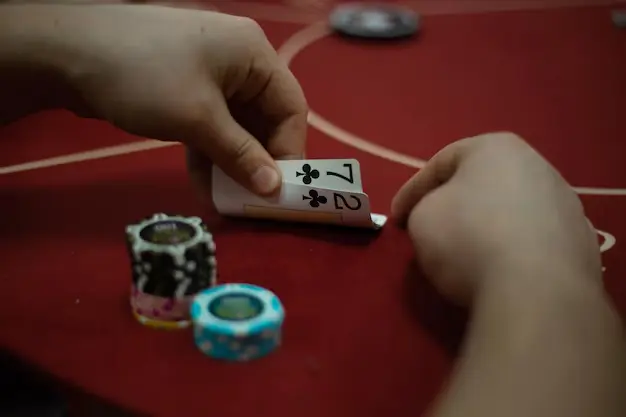Learn what muck means in poker, when to muck a hand, and how it affects your strategy in games like Texas Hold’em. Essential tips for poker players

In poker, “muck” has two key meanings: it refers to the pile of discarded or folded cards, and also to the act of folding a hand without revealing it to other players. When a player chooses to “muck their hand,” they toss their cards face-down into the muck pile. This ensures that no one else at the table sees the folded cards, preserving an element of mystery and strategic ambiguity. Mucking is particularly useful in games like Texas Hold’em and Omaha, where knowing what cards were folded could impact an opponent’s future decisions or reads.
Strategically, mucking your hand can be a powerful tool in maintaining your competitive edge. By hiding your folds, you prevent opponents from gaining insights into your playing style, bluffing habits, or tendencies. In tournaments or high-stakes cash games, this secrecy can make the difference between winning and losing. However, in some situations—like winning at showdown—you may be required to show your cards before mucking. Knowing when and how to muck is a crucial part of mastering the psychological and tactical layers of poker, and every serious player should understand its role in the game.
Players usually muck a hand when they fold or lose at showdown and prefer not to reveal their cards. This tactic is used to keep opponents from learning their strategy, such as whether they were bluffing or holding a weak hand. Mucking adds a layer of secrecy and is often used in Texas Hold’em and Omaha to maintain a psychological edge during competitive play.
Remember that while it is possible to apply strategies, slots are still games of chance. Responsible management of your bankroll, with clear limits on losses and wins, ensures that fun always comes first.

A standard 52-card deck contains 4 kings, one in each suit: hearts, diamonds, spades, and clubs. These kings are essential face cards and often carry high value in card games.
Each king in a deck traditionally symbolizes a historic or legendary ruler. For example, the king of spades is said to represent King David, while the king of hearts represents Charlemagne. These meanings highlight power and leadership in the game.
In most games, all kings have equal ranking. However, in some card variants, suit hierarchy may affect their value (e.g., spades being highest). Always check the game rules to understand how kings are ranked.
Games like Poker, Blackjack, Rummy, and Solitaire often use kings in scoring, strategy, or combinations. In poker, a king-high hand can be a winning hand if no one has pairs or better.
Kings are crucial in many casino strategies due to their high rank. In games like Blackjack, a king counts as 10, contributing to strong hands like 20 or 21. Understanding their role can influence your betting decisions and outcomes.


